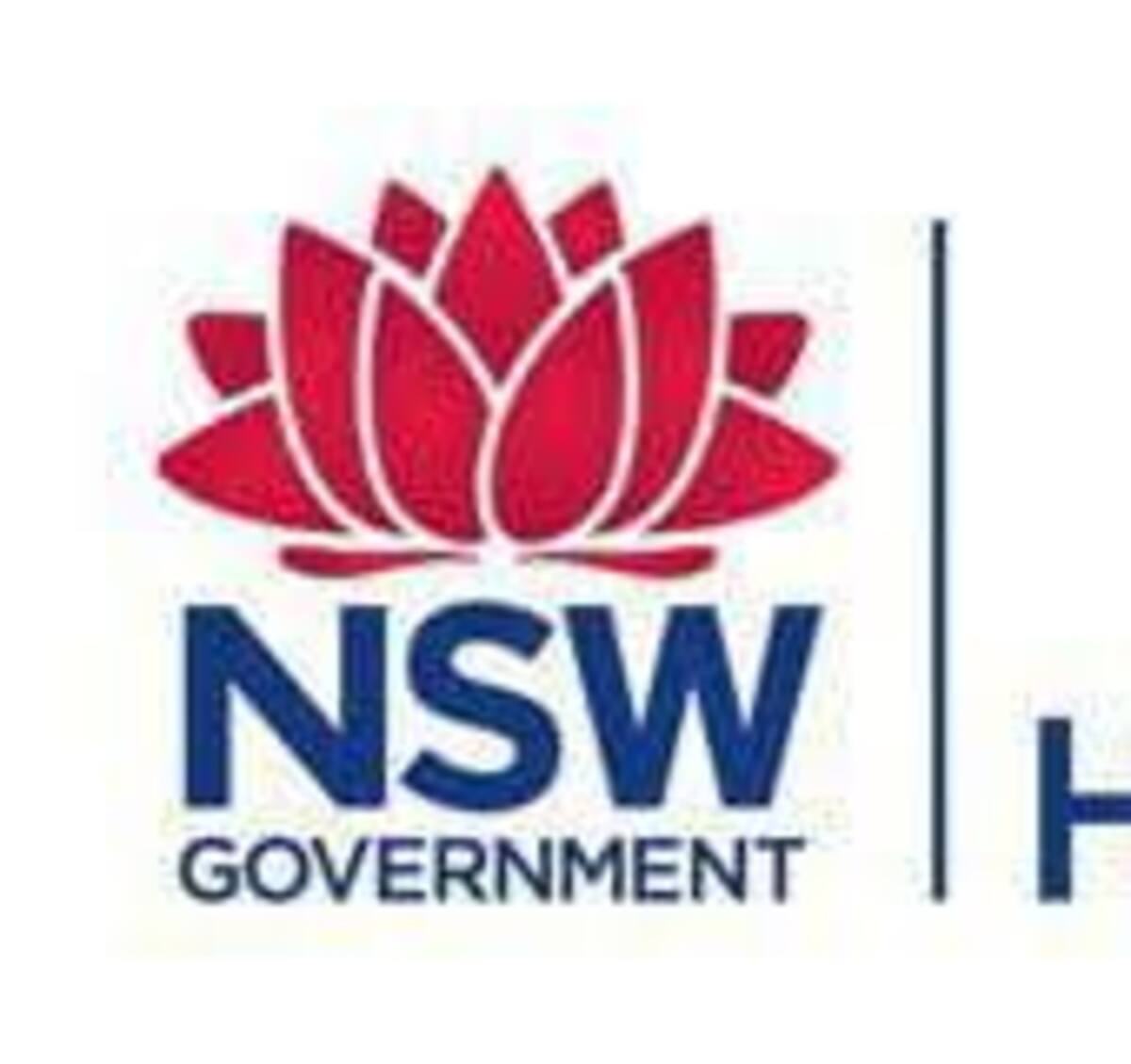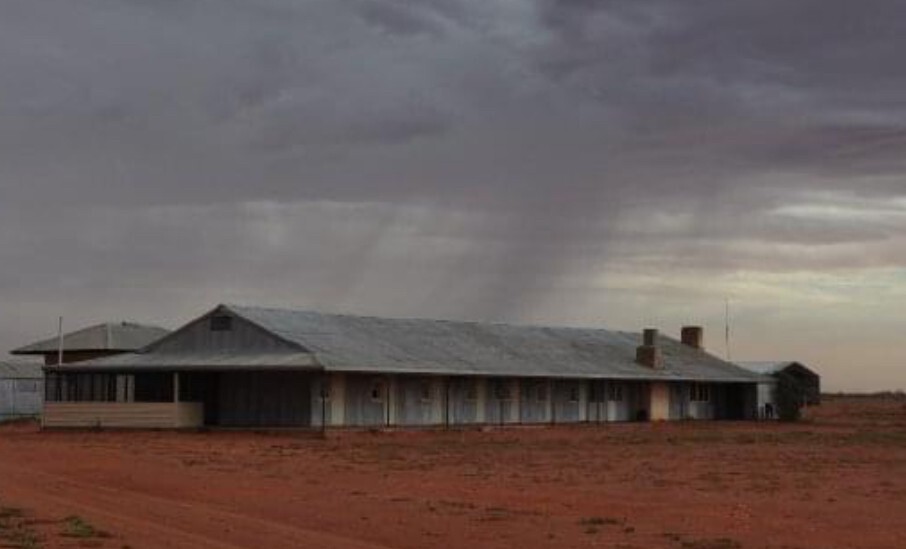Residents urged to take precautions in the heat
Paula Doran
27 November 2024, 6:00 AM

With hot and stormy weather predicted across the Western Plains, NSW Health is urging people to take precautions to avoid heat exposure in the coming week.
NSW Health Director of Environmental Health, Dr Stephen Conaty, said people should consider the risk of heat-related illness as temperatures climb over 30 degrees.
In the Western Plains high temperatures mixed with rain are expected over the next ten days.
Coonamble today is expected to reach a high of 34 with storms expected tomorrow.
In Lightning Ridge, temperatures will remain in the 30’s next week, with storms expected this Friday.

Storms are expected across the Western Plains this week as temperatures rise. Photo: Supplied.
The Bureau of Meteorology (BOM) is expecting wet conditions in the lead up to the weekend in Bourke, with a high of 36 on Monday, followed by mid-30’s through the week next week.
Rain is expected throughout the region over the coming week. Nyngan is forecast to have rain over the bulk of the next ten days, with average temperatures in the early 30’s.
While the area is no stranger to high temperatures, NSW Health said it is best for the elderly population to prepare for the extended, high temperatures.
“Extreme heat can cause severe illnesses and can be life-threatening, so it is important to know the symptoms of heat-related illnesses and take action to stay cool,” Dr Conaty said.
“On a hot day, people can reduce their risk of heat-related illness by closing blinds and curtains early, staying indoors during the hottest times of the day, staying hydrated and carrying a water bottle when outside.
If you are working outdoors take extra precautions to keep out the heat in the hottest part of the day, wear a hat, take breaks to cool down, and stay hydrated.
“It’s also important to check in on more vulnerable neighbours, friends and family to ensure they are ok. This is especially true for children and the elderly who feel the heat more.
“Signs of heat-related illness can include headache, dizziness, nausea and vomiting, fatigue and cramps. People with these symptoms should move out of the sun and seek shade or use a fan or air conditioning, take a cool shower or bath if possible and take sips of water.”
The community is encouraged to visit the NSW Health website for further advice and tips on how to protect themselves and their loved ones during heatwaves this summer.